The different stages of diet after bariatric surgery that are recommended by the health care provider are as follows:
Diet in the Hospital:
In the first 24 hours after surgery, the clear liquid diet will be given to make the patient stay hydrated and avoid possible irritants to the stomach. Clear liquid diet includes water, broth and sugar-free gelatin.
 Week 1 and 2 diet:
Week 1 and 2 diet:
Full-liquid diet will be started after one to three days of the surgery. Thicker liquids that are high in protein and low in calories should be included. Enough protein is important after surgery to build and maintain muscle mass and also to provide energy to the body. The patient should not eat more than 400 calories per day. The portion of liquids are gradually increased as tolerated. Initial liquid food intake is about one tablespoon portion size which is gradually increased to two tablespoons. The patient should drink 1 to 1.5 liters of water or other non-caloric liquids per day to stay hydrated.
Some of the recommended liquid diets include:
- Milk (skim or 1 percent)
- Low-fat cottage cheese
- Lactose-free or soy-based low-calorie drinks
- Sugar-free pudding
- Sugar-free, non-fat yogurt
- Blended broth-based soup or other low-fat soups
- Shakes made with protein powder
- Thinned, hot cereal, such as cream of wheat, or oatmeal
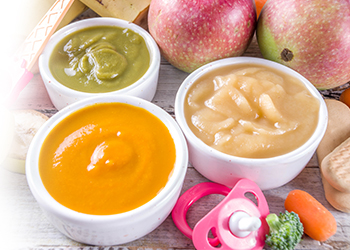 Week 3 and 4 diet:
Week 3 and 4 diet:
After two weeks of tolerating full-liquid diet, strained and pureed (smashed) foods can be added to the diet. The patient should take small bites of food and chew thoroughly. The patient should eat the food slowly for at least 30minutes for each meal. The patient should eat three to six small meals per day and each meal should consist of four to six tablespoons of food. The protein intake should be increased slowly.
Pureed foods include:
- Soft scrambled egg whites
- Lean ground meat, poultry or fish
- Cottage cheese
- Cooked cereal
- Soft fruits and cooked vegetables
- Strained cream soups
Solid foods should be blended with a liquid, such as water, skim milk, sugar less juice, broth.
Week 5 to 7 diet:
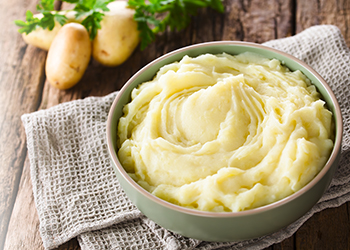 After tolerating pureed foods, soft foods should be added to the diet. These soft foods should be small, tender and easily chewable pieces of food. The patient should chew the food thoroughly until it is of pureed consistency before swallowing. Ensure that the patient eats three to five small meals per day and the recommended portion sizes for each meal are 1/4 cup for solids and 1/2 cup for liquids.
After tolerating pureed foods, soft foods should be added to the diet. These soft foods should be small, tender and easily chewable pieces of food. The patient should chew the food thoroughly until it is of pureed consistency before swallowing. Ensure that the patient eats three to five small meals per day and the recommended portion sizes for each meal are 1/4 cup for solids and 1/2 cup for liquids.
Soft foods include:
- Cooked vegetables, without skin
- Canned or soft fresh fruit, without seeds or skin
- Cooked or dried cereal
- Rice
- Eggs
- Ground lean meat or poultry
- Flaked fish
- Cottage cheese
Week 8 diet and beyond:
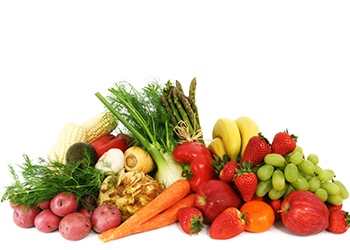 After seven weeks of surgery, the patient can eat regular, solid foods. The patient should prioritize the protein intake in the daily meals. Raw and fibrous fruits and vegetables should be included in the diet. Around three meals per day should be taken and each meal should consist of one to one-and-a-half cups of food. The patient should chew the food properly before swallowing. If the patient feels full after eating little food, then he/she should stop eating immediately.
After seven weeks of surgery, the patient can eat regular, solid foods. The patient should prioritize the protein intake in the daily meals. Raw and fibrous fruits and vegetables should be included in the diet. Around three meals per day should be taken and each meal should consist of one to one-and-a-half cups of food. The patient should chew the food properly before swallowing. If the patient feels full after eating little food, then he/she should stop eating immediately.
Some foods and drinks that can cause problems during this phase should be avoided. These foods include:
- Carbonated drinks
- Fried foods
- Highly seasoned or spicy foods
- Breads
- Red meat
- Tough meats or meats with gristle
- Nuts and seeds
- Cooked fibrous vegetables, such as celery, broccoli, corn or cabbage

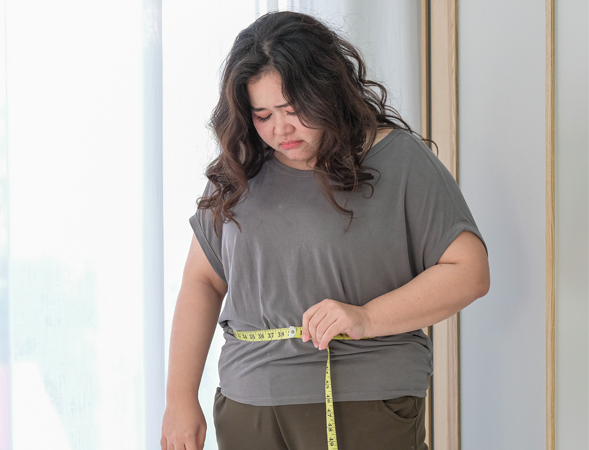
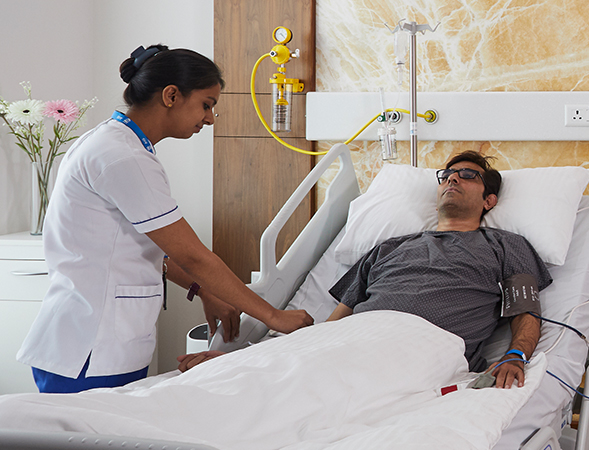
 Week 1 and 2 diet:
Week 1 and 2 diet: Week 3 and 4 diet:
Week 3 and 4 diet: After tolerating pureed foods, soft foods should be added to the diet. These soft foods should be small, tender and easily chewable pieces of food. The patient should chew the food thoroughly until it is of pureed consistency before swallowing. Ensure that the patient eats three to five small meals per day and the recommended portion sizes for each meal are 1/4 cup for solids and 1/2 cup for liquids.
After tolerating pureed foods, soft foods should be added to the diet. These soft foods should be small, tender and easily chewable pieces of food. The patient should chew the food thoroughly until it is of pureed consistency before swallowing. Ensure that the patient eats three to five small meals per day and the recommended portion sizes for each meal are 1/4 cup for solids and 1/2 cup for liquids. After seven weeks of surgery, the patient can eat regular, solid foods. The patient should prioritize the protein intake in the daily meals. Raw and fibrous fruits and vegetables should be included in the diet. Around three meals per day should be taken and each meal should consist of one to one-and-a-half cups of food. The patient should chew the food properly before swallowing. If the patient feels full after eating little food, then he/she should stop eating immediately.
After seven weeks of surgery, the patient can eat regular, solid foods. The patient should prioritize the protein intake in the daily meals. Raw and fibrous fruits and vegetables should be included in the diet. Around three meals per day should be taken and each meal should consist of one to one-and-a-half cups of food. The patient should chew the food properly before swallowing. If the patient feels full after eating little food, then he/she should stop eating immediately.
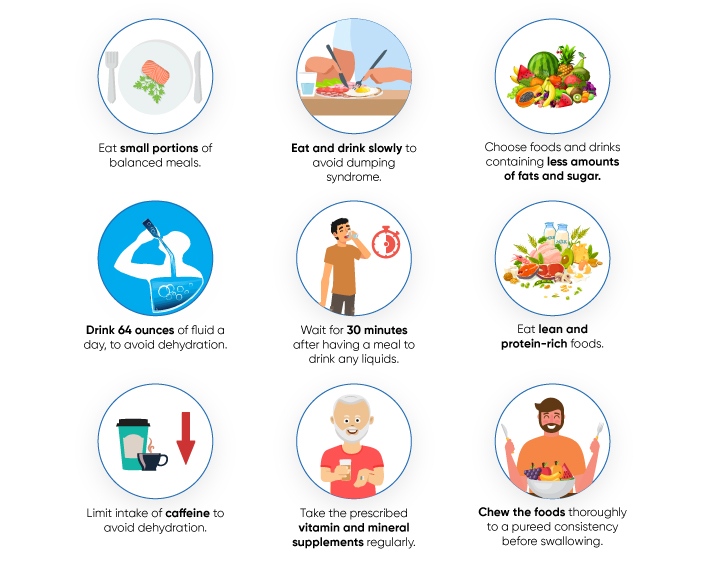 Patients should follow these dietary recommendations in order to limit the calorie consumption, to prevent the nutrient deficiencies and preserve the muscle tissue.
Patients should follow these dietary recommendations in order to limit the calorie consumption, to prevent the nutrient deficiencies and preserve the muscle tissue.